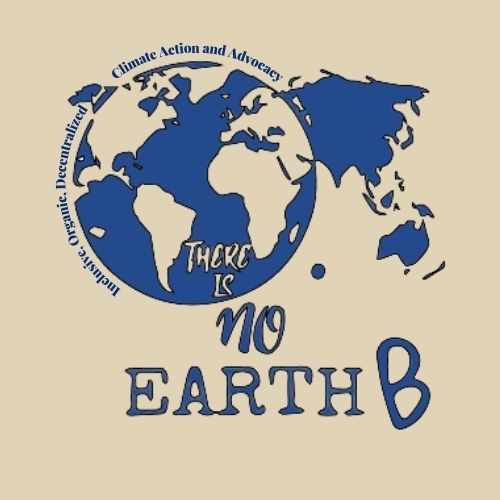
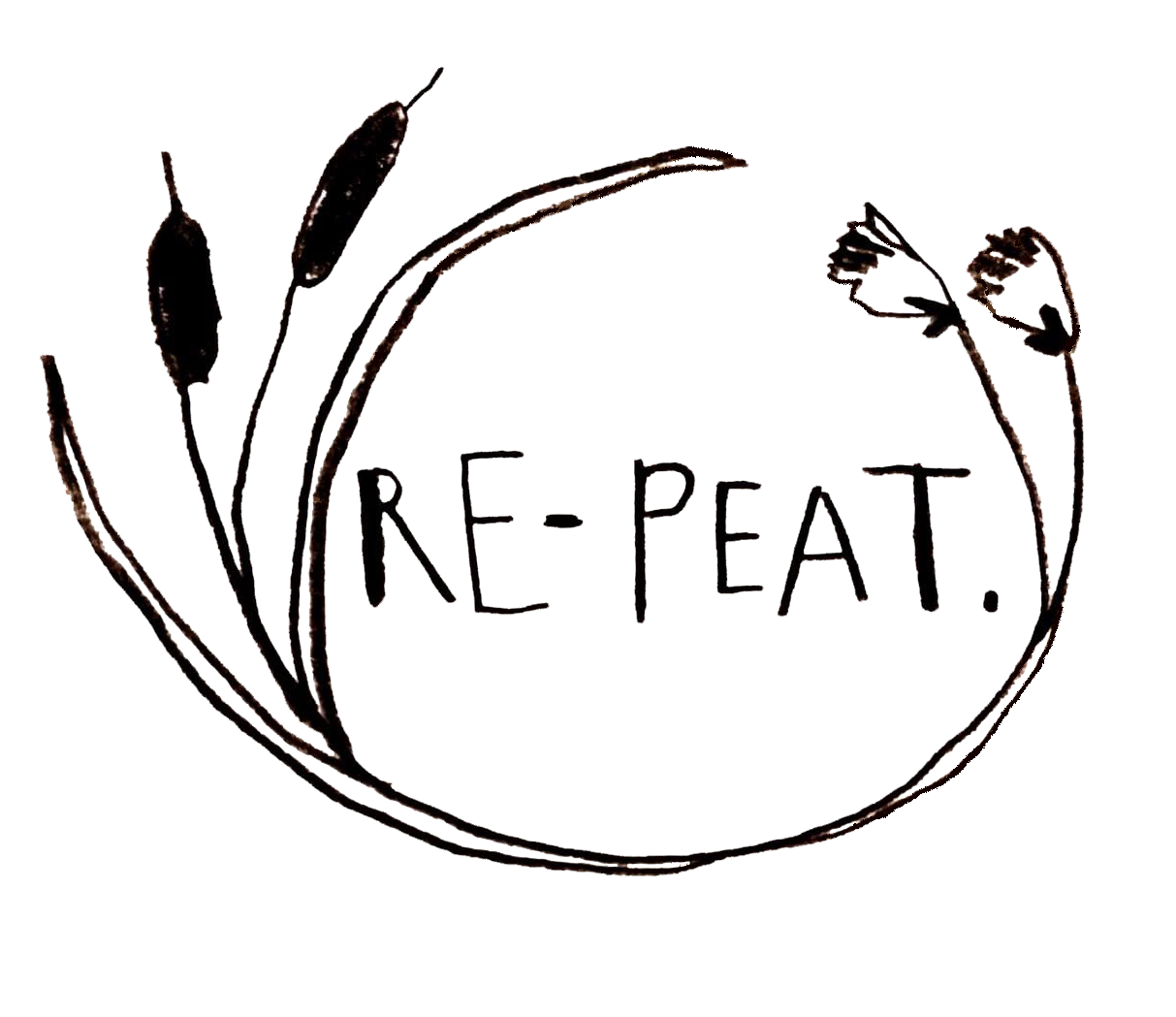
Program Information
Project Title: Once upon a Wetland
Date: 6-7 August 2022
Location: Virtual Event (Zoom)
Organizers: RE-PEAT, Youth Engaged in Wetlands, There Is No Earth B
Language(s): English
Target Audience: Youth in India
Target Number of Participants: 50 – 150
Main Contacts:
- RE-PEAT:
Ananya Jain, Coordinator
info@re-peat.earth / jain02ananya@gmail.com - Youth Engaged in Wetlands:
Denzel Urieta, Asia Regional Representative
youthengagedinwetlands@gmail.com / denz.urieta@gmail.com - There Is No Earth B:
Dhrstadyumn, Coordinator
thereisnoearthb@gmail.com
Rationale Behind Project
Wetlands provide ecosystem services, such as water purification, water storage, carbon storage, flood protection, and shoreline stabilization. According to recent assessments (de Groot et. al.,2012; Davidson et.al., 2019), wetlands are among the world’s most economically valuable ecosystems when compared to other ecosystems such as forests, grasslands and oceans.
Despite such high ecological and economical value provided by wetlands, Global Wetland Outlook published by the Ramsar Convention in 2018 pointed out that wetlands are disappearing three times faster than forests. Wetlands need to be protected effectively for their ecosystem services, along with the implementation of conservation efforts at all levels, from policy-makers to local communities, including youth.
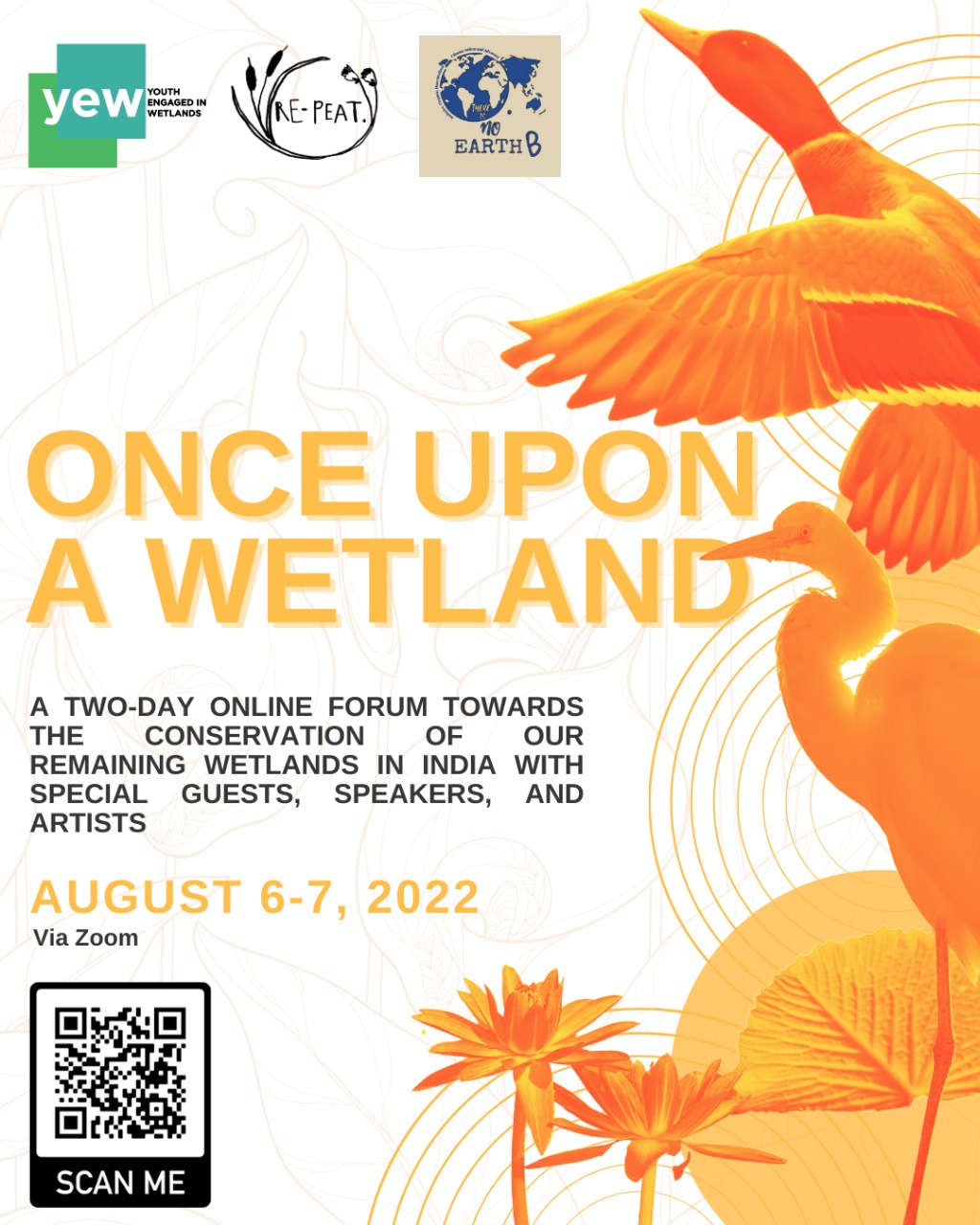
According to a report by Wetlands International South Asia (WISA), India has already lost about one-third of its natural wetlands over the last four decades. The degradation was attributed to rapid urbanization, industrial and agricultural expansion, and uncontrolled pollution. Despite being signatories of the Ramsar Convention, very little progress has been made on the conservation and wise use of wetlands. In fact, Indian wetlands are persistently exposed to anthropogenic pressures – including land-use changes in the catchment, pollution from households and industry, encroachments, tourism, and overexploitation of natural resources.
It has been observed that lack of good governance is the main challenge for wetland conservation by the states in India. From the National Wetland Atlas, India has 757,060 wetlands which account for 4.63% of the country’s geographical area. Due to this massive extent, a nationwide scale of wetland conservation and protection is called for. Community-driven efforts for wetland conservation have continuously shown significant results, however, their impacts seem relatively minuscule compared to developed state regulations and policy frameworks on wetlands.
In recent years, we witnessed the power of youth to call for actions to tackle environmental issues. We believe youth will play an important role in future mechanisms of wetland conservation, for they are energetic, adaptive, and innovative. In addition, as the future of the world will be led by our next generation, youth should be informed and engaged in the various facets of wetlands. Highlighting the benefits of wetlands, we aim to influence the youth, regardless of educational background, to rise up and care for wetlands before their deterioration reaches the point of no return.
While there exist many youth programmes, groups, and networks focusing on the environmental issues in India, there is still a huge knowledge gap concerning wetlands and local youths. RE-PEAT is an international youth-led group pushing for a peatland paradigm shift, meaning, the recognition of peatlands as valuable spaces in their own right. In the past, they have focused on creative and inter-disciplinary methods of raising awareness. Youth Engaged in Wetlands (YEW) was established by youth in 2018 during the 13th Conference of the Parties of the Ramsar Convention and is now becoming independent in promoting the conservation of wetlands worldwide. The mission of YEW is to provide a platform for young people to enable and empower them to help protect and promote wetlands around the world. There Is No Earth B is a youth movement that works on Inclusive, Organic and Decentralized Climate Action and Advocacy. They have organized over 307 cleanup events in environmentally sensitive areas of Sanjay Van, Ridge Forest, Yamuna Bank, Sukhna Lake, Cacra Beach, Mist Waterfall, Gopeshwar removing over 18.2 tons of non-biodegradable waste from there.
To achieve the objectives of encouraging and strengthening youth engagement in wetland conservation and building capacity and connections between youth and environmental organizations, we are jointly organizing a youth forum concentrated on Indian wetlands. We are also seeking collaborations with other organizations focusing on nature and biodiversity to raise awareness for the involvement of youth in actionable movements to conserve wetlands.
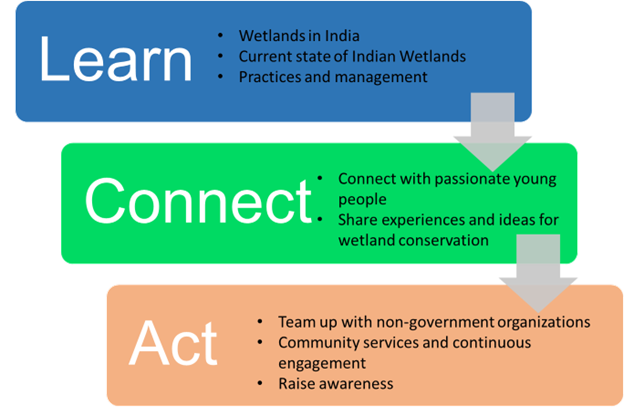
Learn
Learn through a series of presentations prepared by the invited speakers, attendees will be able to learn about the current status of the wetlands in India, including the policies related to its management and protection.
Connect
The attendees will be given ample time and opportunity to connect with other young people who are passionate about the issue, so they can exchange their experiences and ideas regarding wetland conservation.
Act
The youth forum will introduce various non-government environmental organizations and collectives for the attendees to join, respective to their interests. Suitable post-forum events will be developed in collaboration with these organizations to keep individuals engaged.
Wetlands are some of the world's most powerful ecosystems when it comes to providing livelihoods, water, protecting biodiversity, and climate regulation. 💧 However, despite such high ecological and economical value, they are disappearing quickly. Over the last four decades, India (home to about 8 lakh wetlands) has lost over one third of its natural wetlands due to urbanization, agricultural expansion, and pollution. 🏭
Join us at Once Upon a Wetland: a collaborative 2-day symposium all about empowering young people to work with India’s wonderful wetlands. At the forum, you'll be introduced to wetlands from different perspectives - policy, science, community, etc. - and put your learnings into action by engaging with activist groups across the country.
Schedule
| Time | Session Themes | Session Speaker | Session Time (IST) |
|---|---|---|---|
| Day 1 |
|||
| #1: Introduction to wetlands and linked ecosystem services | Dr. T.V. Ramachandra | 15:00 to 15:30 | |
| #2: Community-led advocacy and public mobilization for the conservation of local wetlands | People United for Better Living in Calcutta (PUBLIC) | 15:45 to 16:15 | |
| #3: Ecological modeling and upcoming technologies | Rajashree Naik | 16:30 to 17:00 | |
| #4: The formulation of national policies for wetlands conservation and gaps in existing Indian policies | Dr. Ritesh Kumar | 17:15 to 17:45 | |
| Day 2 |
Interaction with Chennai Climate Action Group (CCAG), There is No Earth B (TINEB), Fridays for Future Andhra Pradesh (FFF), and Youth4Water on their work with wetlands and climate advocacy |
|
15:00 to 16:15 |
Post-Forum Activities
Organizations like CCAG, FFF Andhra, TINEB. CCAG will be organizing a climate tour post-forum.
If you have ideas for other activities or projects, send us an e-mail at solidarity [at] thereisnoearthb.com!
Speakers
Dr Ritesh Kumar

Dr Ritesh Kumar is the Director of Wetlands International South Asia, a non-government organisation working for sustaining and restoring wetlands, their resources and biodiversity in the South Asia region. Wetlands International is a global, independent, non-profit organisation dedicated to conservation and restoration of wetlands, and presently works in over 100 countries through a network of 18 regional and national offices and expert networks headquartered in The Netherlands.
Over the last 25 years, Dr Kumar has led integrated management planning for several wetlands in South Asia region, and coordinated multidisciplinary projects on wetlands assessment, ecosystem services evaluation, water management, sustainable livelihoods, disaster risk reduction and climate change adaptation. Dr Kumar has been part of several policy making processes related to wetlands in India, key being a part of the drafting team of national regulation on wetlands, the National Action Plan for Conservation of Migratory Birds of the Central Asian Flyway; National Biodiversity Targets under the Convention of Biological Diversity, and indicators for Sustainable Development Goals. He advises several state governments on policy and management aspects of wetlands. Dr Kumar has been part of several global, regional and national assessments. These include being a Lead Author of Global Wetlands Outlook (2018 and 2021), as Coordinating Lead Author of the IPBES Regional Assessment on Status of Biodiversity and Ecosystem Services for Asia and Pacific (finalized in 2019), methods assessment of multiple values of nature (finalized in 2022), nexus assessment(ongoing) and Global Peatlands Initiative (ongoing).
Dr Kumar has been closely associated with Ramsar Convention processes. As an expert member of the Convention’s Scientific and Technical Review Panel for three trienniums, he has worked on various themes including wetlands and poverty reduction, ecosystem services, disaster risk reduction, health, agriculture, tourism and others. He is also an associate editor of ‘Wetlands Ecology and Management’, ‘Marine and Freshwater Research’ and PLoS-one Water.
Rajashree Naik
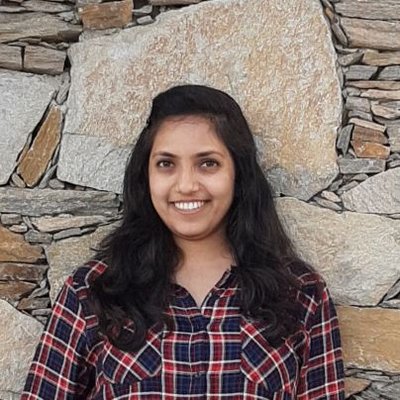
Rajashree Naik is a PhD student of saline wetland ecology at Central University of Rajasthan. Her doctoral research investigates spatio-temporal status of largest inland saline wetland of India, Sambhar Salt Lake. She takes a multidisciplinary approach that encompasses multispectral and hyperspectral remote sensing, LiDAR technology, intense field survey for migratory birds, halophytes and xerophytes for ecology-economic interdependence analysis. Her research work has been acknowledged by Ramsar Convention on its 50th Anniversary, 2021 and published in Youth Engaged in Wetlands report. She was also a panel member for the launch programme of first report of Youth Engaged in Wetlands, 2021. She has delivered webinar organized by Society of Wetland Scientists. She has received Training and Travel Grant 2020 award from British Ecological Society, Student Registration Award 2021 from Ecological Society of America, Wetzel Travel award 2022 from International Society of Limnology and selected for International Travel Award by Society of Wetland Scientists 2022. She has received Summer Research Fellowships from Indian Academy of Science. She holds Post Graduate Diploma degree from Indian Space Research Organization (ISRO) in Forestry and Ecosystem study. She was research fellow at Uttarakhand Space Application Centre. She has co-authored in three research publications on wetland ecosystems.
The presentation will cover the evolution of space technology. It will cover the application of optical remote sensing, microwave remote sensing, hyperspectral remote sensing, artificial intelligence for the wetland ecosystems. It will also cover about the ecological modelling, habitat suitability modelling for flora and fauna. It will include a case study on application of MaxEnt model for habitat suitability of flamingoes in India’s largest inland saline wetland, Sambhar Salt Lake.
Bonani Kakkar
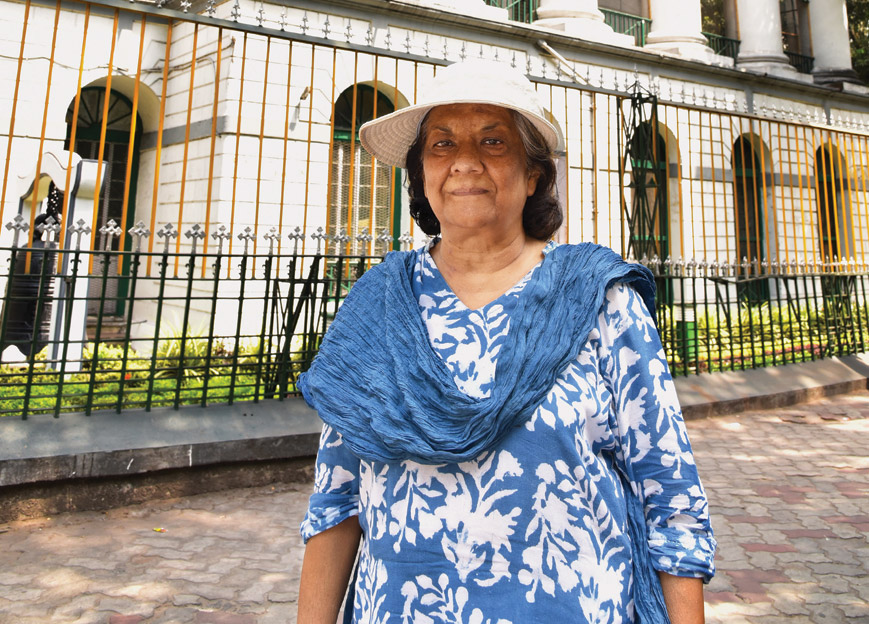
Bonani Kakkar, founder of PUBLIC, has a Master’s in Public Health from the University of California, Los Angeles. Before committing herself to PUBLIC, she consulted on health projects for the World Bank, UNICEF and the Dutch government, in India and internationally. Her childhood interest in wildlife grew into a position with WWF-India and to destinations such as the Galapagos and Papua New Guinea. Her immersion into environmental issues led to an Eisenhower Fellowship in 1991 and to appointments on state and national bodies. She is Calcuttan by birth and by passion.
Her presentation will be on advocacy for the wetlands, with specific reference to protection of 25,000 acres of wetlands just outside Calcutta/Kolkata.
Dr T V Ramachandra

Talk: Valuation of Wetland Ecosystem Services
Dr. T.V. Ramachandra, FIE, FIEE (UK), FNIE obtained Ph.D. in Ecology and Energy from Indian Institute of Science. At present, Coordinator of Energy and Wetlands Research Group (EWRG), Convener of Environmental Information System (ENVIS) at Centre for Ecological Sciences (CES). During the past twenty years he has established an active school of research in the area of energy and environment (http://ces.iisc.ernet.in/energy). He is a member of Karnataka State Wetland Authority (2018..), Kerala Wetland Authority (2022..), National Wetland Committee, GoI., and Karnataka State Audit Advisory Committee. He was a Member of the Karnataka State level Environment Expert Appraisal Committee (2007-2010), appointed by the Ministry of Environment and Forests, Government of India and a member of the Western Ghats task force appointed by the Government of Karnataka. Apart from this TVR is serving in many committees of NGT (National Green Tribunal) related to wetlands of Bangalore.
TVR is a recipient of Johny Biosphere Award for Ecology and Environment (2004), Satish Dhawan Young Scientist Award, 2007 of Karnataka State Government, ENVIS Award (Thrice: 2004, 2014 and 2015) of the Ministry of Environment, Forests and Climate Change, GoI, Namma Bangalorean, 2016 award (Namma Bengaluru Foundation) and Rotary Exemplars 2017- Citizen Extraordinaire award (Rotary Club of Bangalore), Karnataka State Parisara Award, 2017-18 (Environment Award, Government of Karnataka), Khadri Achuathan Memorial Samvahana Award (Environment) 2018, on World Communicators Day by PRCI, research advisor at the Nanyang Academy of Sciences, Singapore (2019) and Eminent Engineer, Institution of Engineers, Karnataka (2019). TVR (c metric: 0.218) features in the recent global ranking of top 2% scientists.
He is an Elected Fellow of National Institute of Ecology (2011), Indian Association of Hydrologists (India; 2006), Indian Social Science Academy (ISSA), Institution of Engineers (IE, India; 2003), the Institution of Electrical Engineers (IEE, UK; 2005), and a Senior Member, IEEE (USA; 2000) and Association of Energy Engineers (USA; 2000).
TVR’s research interests are in the area of aquatic ecosystems, biodiversity, ecological modeling, Western Ghats ecology, energy systems, renewable energy, energy conservation, energy planning, geo-informatics, environmental engineering education research and curriculum development at the tertiary level. He has published over 328 research papers in the reputed peer-reviewed international and national journals, 69 book chapters, 333 papers in the international and national symposiums as well as 19 books. In addition, he has delivered a number of plenary lectures at national and international conferences. Publication “Milking diatoms for energy” is seminal work in biofuel research evident from reports in Scientific American, BBC, national dailies, etc.
He has guided 152 students for Master’s dissertation and seventeen students for Doctoral degrees. He teaches courses (i) environmental management and (ii) Principles and application of GIS and remote sensing for masters and doctoral students. TVR has travelled widely across the country for field research and also for delivering lectures (1500+) at Schools, Colleges, Research Institutes, etc. He has taken initiatives through biennial symposium (popular as Lake series, conducted 12 events since 1998), Environment management course for in-service working professionals (18 sessions). training programmes and workshops for capacity building at various levels.
